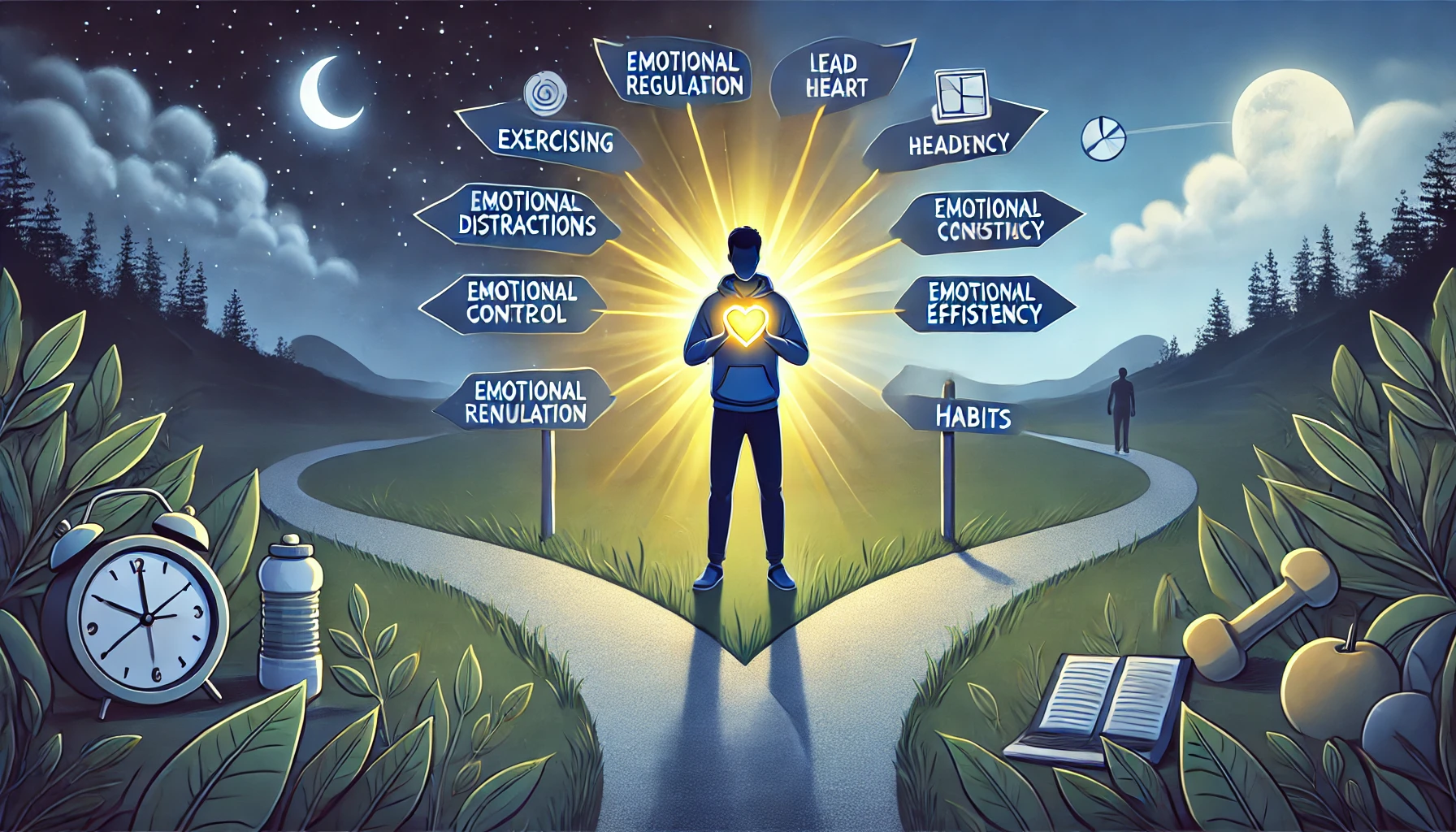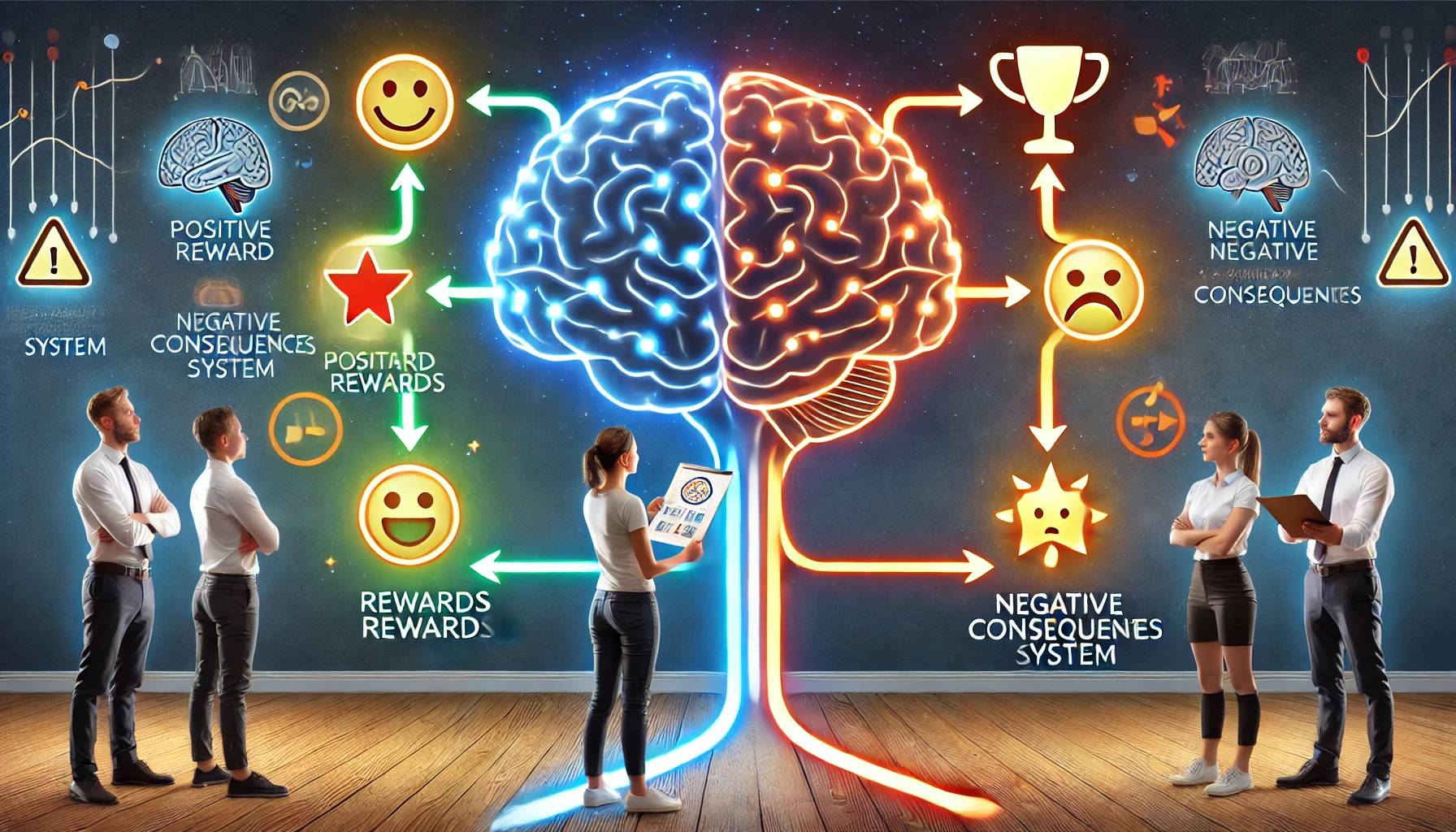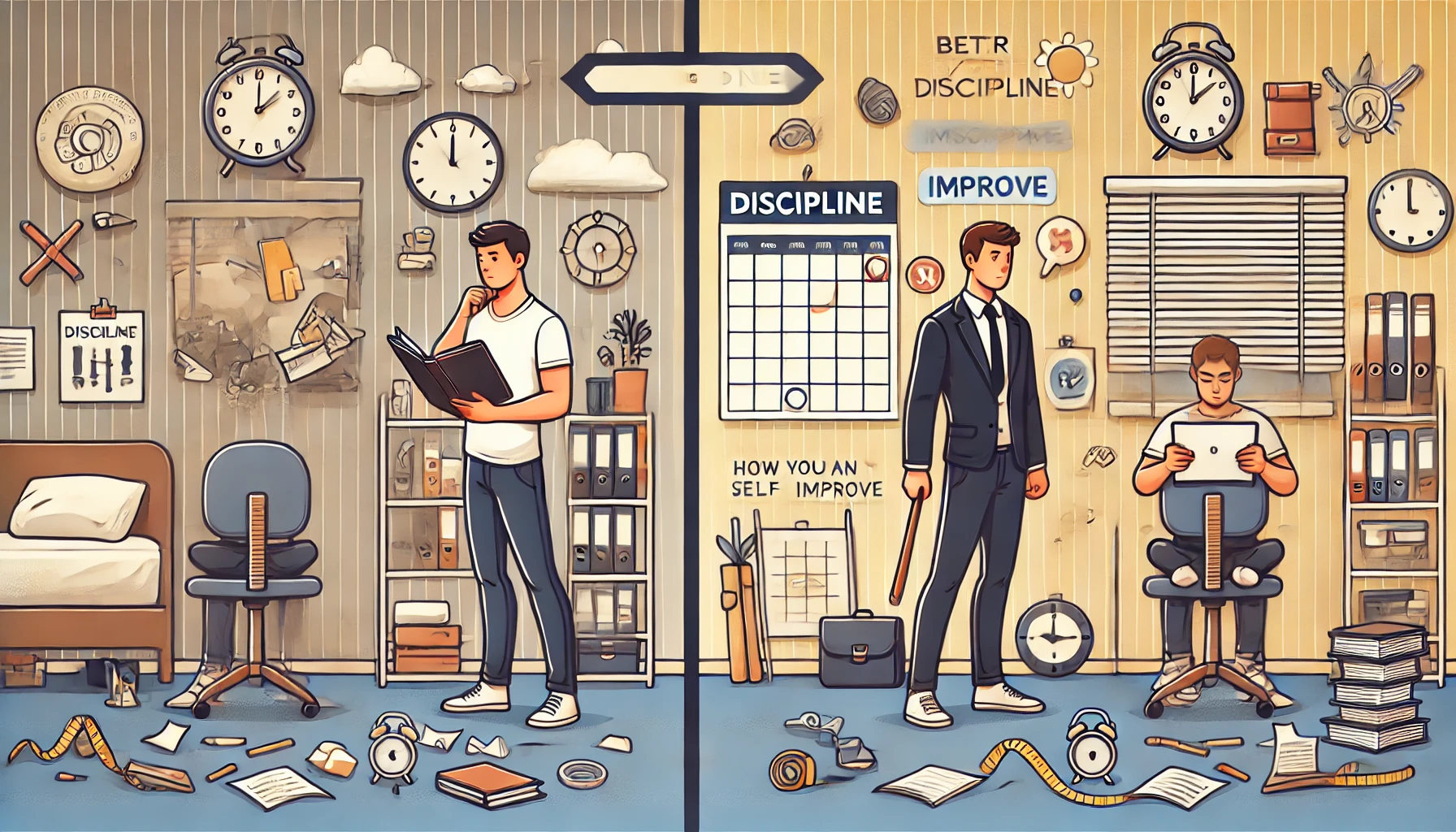Forming and maintaining habits isn’t just about motivation or willpower—it’s deeply influenced by how well you regulate your emotions. When emotions like stress, frustration, or boredom take over, they can either support or sabotage your ability to stick with good habits.
Understanding the connection between emotional regulation and habit formation allows you to develop strategies to stay consistent, even when life gets challenging. In this article, you’ll learn how emotions impact habit-building and how to manage them effectively for long-term success.
1. How Emotions Influence Habit Formation
Habits are not just actions—they are deeply linked to emotions and the brain’s reward system. Every time you engage in a behavior, your brain assigns it an emotional value, which determines whether you’ll repeat it or avoid it.
When emotions are well-regulated, forming good habits becomes easier. But when emotions are out of control, you may fall into negative habit loops, such as procrastination, stress eating, or avoidance behaviors.
How Emotional States Affect Habits
| Emotional State | Effect on Habit Formation | Examples |
|---|---|---|
| Calm & Focused | Easier to build and maintain habits | Sticking to a workout routine |
| Stressed & Overwhelmed | Harder to maintain discipline; more impulsive behaviors | Procrastination, binge eating |
| Excited & Motivated | Good for short-term habit adoption but fades quickly | Starting a new routine but quitting after a week |
| Bored or Disinterested | Leads to avoidance and inconsistency | Skipping tasks that feel repetitive |
📌 Example: If you’re feeling overwhelmed, your brain may seek immediate relief through dopamine-releasing activities like scrolling social media instead of engaging in productive habits.
2. The Science of Emotional Regulation and Habit Formation
The ability to regulate emotions is controlled by the prefrontal cortex, the same brain region responsible for self-discipline, decision-making, and impulse control. However, when emotions become overwhelming, the limbic system (emotional brain) takes over, making it harder to stay on track with habits.
Key Brain Areas Involved in Emotional Regulation:
| Brain Region | Function in Habit Formation | Impact When Dysregulated |
|---|---|---|
| Prefrontal Cortex | Controls impulse regulation and decision-making | Weaker self-discipline and increased procrastination |
| Amygdala | Processes emotions like fear and stress | Heightened stress, making it hard to stick to habits |
| Striatum | Reinforces habits through rewards | Seeks instant gratification instead of long-term benefits |
📌 Example: If your prefrontal cortex is fatigued due to stress or lack of sleep, you’re more likely to skip your habits and fall into old patterns.
3. How to Regulate Emotions for Stronger Habit Formation
✅ a) Use Mindful Awareness to Identify Emotional Triggers
Many bad habits are triggered by emotional discomfort. The key is to identify what emotions lead to unwanted behaviors.
🔹 Journaling – Write down when you avoid habits and note the emotions you felt.
🔹 Pause Before Reacting – Take a deep breath when you feel the urge to break a habit.
🔹 Ask Why – “Am I skipping my habit because I’m tired, stressed, or frustrated?”
📌 Example: If you realize you skip workouts when you’re stressed, you can create a stress-reducing pre-workout ritual like deep breathing.
✅ b) Reframe Negative Emotions to Reduce Habit Resistance
Your mindset about emotions determines how they affect your habits. Instead of seeing discomfort as a barrier, train yourself to see it as a sign of growth.
🔹 Replace “I don’t feel like it” with “I do it anyway.”
🔹 View setbacks as learning opportunities, not failures.
🔹 Use self-compassion – Accept that some days will be harder, but consistency matters more than perfection.
📌 Example: If you feel frustrated because forming a habit takes time, remind yourself: “Every repetition strengthens my neural pathways.”
✅ c) Regulate Stress to Prevent Habit Disruptions
Chronic stress weakens self-discipline and leads to avoidance behaviors. Managing stress keeps the brain in an optimal state for habit formation.
🔹 Use breathwork techniques (box breathing, 4-7-8 breathing) to calm your nervous system.
🔹 Incorporate movement (walking, stretching, exercise) to release built-up tension.
🔹 Reduce decision fatigue – Plan habits in advance so stress doesn’t interfere.
📌 Example: Studies show that just 10 minutes of deep breathing reduces cortisol levels, making it easier to maintain discipline.
✅ d) Attach Positive Emotions to Habits for Stronger Reinforcement
The brain remembers emotionally rewarding experiences. If a habit feels enjoyable, you’re more likely to repeat it.
🔹 Pair habits with something pleasurable (listen to music while working out).
🔹 Use social reinforcement (celebrate milestones with friends or family).
🔹 Create a visual progress tracker to trigger dopamine from achievement.
📌 Example: If you struggle with morning meditation, reward yourself with your favorite tea or coffee afterward to make the habit more enjoyable.
✅ e) Develop Emotional Resilience Through Small Challenges
Facing discomfort in controlled ways strengthens emotional resilience, making it easier to stay disciplined even when emotions fluctuate.
🔹 Practice cold exposure (cold showers) to train your brain to tolerate discomfort.
🔹 Delay gratification (wait 10 minutes before checking your phone).
🔹 Do one “difficult thing” daily to strengthen mental toughness.
📌 Example: The Marshmallow Test found that kids who resisted short-term rewards had higher success rates in life, proving that emotional control predicts long-term discipline.
4. Long-Term Strategies for Emotional Mastery in Habit Formation
✅ Prioritize Sleep – Poor sleep weakens emotional regulation and increases impulsivity.
✅ Eat Nutrient-Dense Foods – Omega-3s, magnesium, and complex carbs help balance mood.
✅ Limit Digital Overstimulation – Too much screen time heightens stress responses.
✅ Practice Gratitude Journaling – Shifts focus from negative emotions to progress.
📌 Example: Neuroscientists found that people who practice gratitude daily experience lower cortisol levels and higher emotional stability, making habits easier to maintain.
Final Thought: Master Emotional Regulation to Build Unshakable Habits
Your emotions directly impact your ability to form and sustain habits. By learning to regulate stress, reframe discomfort, and attach positive emotions to productive behaviors, you can make habit-building effortless and consistent.
✅ Use mindfulness to identify emotional triggers.
✅ Reframe discomfort as growth to maintain consistency.
✅ Reduce stress and attach positive emotions to habits.
Start today: Pick one emotional regulation strategy and apply it to your daily habits for long-term success! 🚀












Leave a Reply